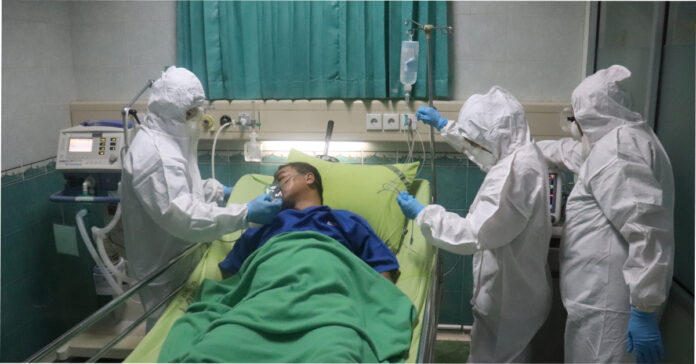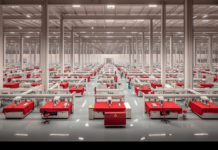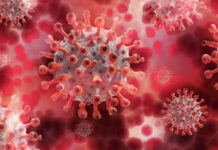The good news is that COVID-19 cases, hospitalizations, and deaths in the U.S. continue to drop, even as the Delta variant is becoming the dominant strain in the U.S. For those that haven’t been following the news, the COVID-19 mutation known as Delta caused the surge of cases and so much death in India and is far more transmissible. More good news is that both the Moderna and Pfizer vaccines appear to be quite effective against Delta.
The bad news is that the Delta variant of COVID-19 is marching across the world, and Chinese vaccines appear to be less effective against this mutation. Multiple countries are experiencing surges as this article reports “examples from several countries suggest that the Chinese vaccines may not be very effective at preventing the spread of the virus, particularly the new variants.”
A vaccine that is 51 percent effective is still better than no vaccine, and China vaccinated 500 million people in a single month. But that may only cut the path of COVID-19 in half. If another outbreak develops or the country increases its lockdowns and shutdowns to prevent the spread, it could exacerbate supply chain problems and cause costs to rise. Shipping delays already plague key Southern ports in China. COVID-19 could increase the backlog.
Other Vaccines Less Effective Against Delta
The Astra-Zeneca and Johnson & Johnson vaccines are about 70 percent effective. That iis bad news for the UK and much of Europe. The Russian Sputnik vaccine also may be less effective.
This means that while the U.S. still has only about half of its citizens vaccinated, the quality of the vaccines used here probably give us better protection than most of the world. Since the U.S. is the economic engine that pulls a long global train, that’s good news. If it leads to U.S. companies bringing manufacturing back to our shores, that would be even better news.
China is facing a growing problem. It now appears obvious that the virus we know as COVID-19 came from a Chinese lab. Combined with evidence that Chinese researchers prohibited access to gene data that could have been useful in the COVID-19 pandemic research, it is clear that China tried to hide the origins of the virus and took steps to mislead and redirect inquiries. Add to this the failure of their vaccine, and they look pretty bad.
There have been 3.9 million reported deaths due to COVID-19. The actual number thought to be much higher because of under-reporting in several countries, including China. How many of those would still be alive today if China had cooperated with early efforts instead of turning to denials, lies, and deceit? If we give them the benefit of the doubt and assume that the virus leaked from the lab by accident, then how many lives might have been saved with full disclosure and early cooperation? Two million? Three?
The Next Wave
Clearly the globe has to ready itself for continued waves of virus. While waves caused by Delta may be only small ripples in the U.S., we don’t know what Epsilon or Theta might hold for us. There is always the possibility that a variant down the line will render the Pfizer and Moderna vaccines less effective. This sudden recovery that the U.S. experiencing could have the legs cut out from under it if some unknown variant arises and causes another wave of cases. The economic and social consequences could be tremendously negative since so many Americans believe COVID-19 is behind them.
My advice is to take advantage of this window of opportunity to increase your level of preparedness. Use the opportunity to travel and gather in groups to get some training. Buy the tools you need and build the infrastructure that will help you be more self-sufficient. Build a side gig or a small business to help you survive the inflationary speed bumps. While food prices are rising, it is still available, so stock up while you can.
If possible, move outside the city while your job still allows remote work. I believe every 10 miles you can move away from a dense urban environment results in an increase in your personal safety.
Don’t waste this moment in history. It might not last.







